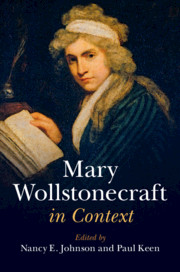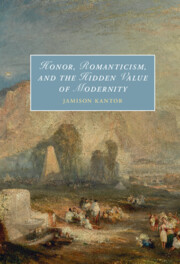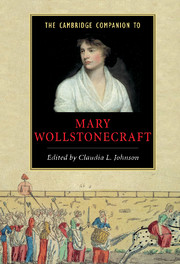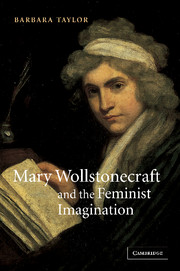Mary Wollstonecraft and Political Economy
Why was Wollstonecraft's landmark feminist work, the Vindication of the Rights of Woman, categorised as a work of political economy when it was first published? Taking this question as a starting point, Mary Wollstonecraft and Political Economy gives a compelling new account of Wollstonecraft as critic of the material, moral, social, and psychological conditions of commercial modernity. Offering thorough analysis of Wollstonecraft's major writings - including her two Vindications, her novels, her history of the French Revolution, and her travel writing - this is the only book-length study to situate Wollstonecraft in the context of the political economic thought of her time. It shows Wollstonecraft as an economic as much as a political radical, whose critique of the emerging economic orthodoxies of her time anticipates later Romantic thinkers. This title is part of the Flip it Open Programme and may also be available Open Access. Check our website Cambridge Core for details.
- The only book-length study of Wollstonecraft and the political economic thought of her time, the volume enables readers to locate her work within this intellectual milieu as never before
- Engages deeply and thoroughly with all of Wollstonecraft's major writings, including philosophical and political works, fiction, history and travel writings
- Ground-breaking analysis shows that Wollstonecraft was an economic as much as a political radical
Reviews & endorsements
‘This is a scholarly and fascinating study … Recommended.’ R. T. Ingoglia, Choice
‘Packham contributes significantly to scholarship by setting Wollstonecraft’s achievement in the context of various Enlightenment schools of 'political economy' … and suggests convincingly that the implications of Wollstonecraft’s far-seeing critique of patriarchy and property for the study of gender, race, ethnicity and politics are legion.’ Eileen M. Hunt, The Times Literary Supplement
Product details
February 2024Hardback
9781009395847
302 pages
235 × 159 × 22 mm
0.58kg
Available
Table of Contents
- Introduction. Mary Wollstonecraft and eighteenth-century political economy
- 1. Political economy and commercial society in the 1790s
- 2. The engagement with Burke: contesting the 'natural course of things'
- 3. Property, passions and manners: political economy and the Vindications
- 4. Political economy in revolution: France, free commerce and Wollstonecraft's history of the French Revolution
- 5. Property in political economy: modernity, individuation, and literary form
- 6. Credit and credulity: political economy, gender, and the sentiments in The Wrongs of Woman
- Conclusion. Imagination, futurity, and the value of things.







